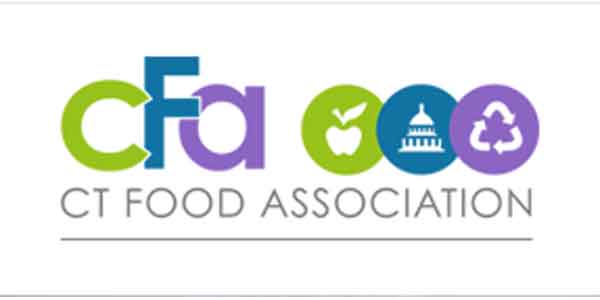The Connecticut General Assembly will go back for a special session the week of July 20th. Bonding, police reform, healthcare & workers compensation are on the condensed agenda.
CFA and other essential businesses that operated during the state’s shelter and place decree have reason to be concerned. (Some) state lawmakers are looking to change the workers compensation system to create a presumption that virtually any worker who had to work outside the home during the pandemic and contracted COVID-19 did so while at work.
What does this mean for Connecticut’s grocery community?
Even if you took every precaution to keep your associates safe, and even if that associate contracted the virus elsewhere, the burden will be on you to prove the employee DID NOT contract the virus at your workplace. This could mean significant increases in workers’ compensation costs.
A bad idea:
- It will increase insurance costs for at least three years due to paying claims for workers who contracted the virus. An analysis by the independent National Council on Compensation Insurance shows that if left open-ended, your workers’ compensation costs could rise as much as 238%.
- This change is unnecessary as front line healthcare workers and first responders are already covered by the workers’ compensation system.
- It ignores the fact that emergency federal benefit programs were put in place to provide replacement wages for workers who contracted COVID-19.
- There are no examples of associates who should have received benefits but were denied after filing a claim with the Workers’ Compensation Commission.
The New York state legislature recently abandoned a similar proposal because it was projected to cost employers in the state $31 billion.
Connecticut grocery retailers implemented broad safety measures and incurred significant expenses to ensure the safety of their employees and our customers — additional cost burdens will only weaken the state’s economic recovery.
Act now!
Contact your state lawmakers to oppose workers compensation presumption that applies to “essential businesses.”


